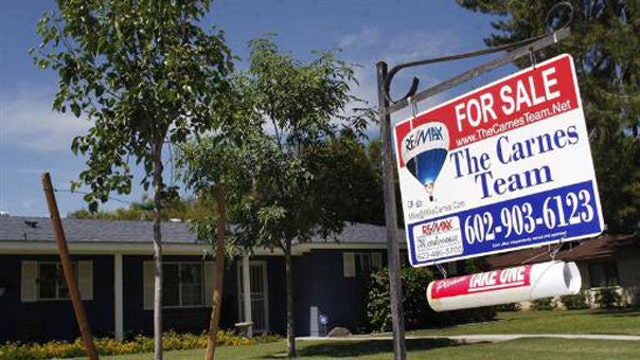Robert Shiller: Wall Street Not Irrationally Exuberant--Yet
Wall Street hasn’t yet reached a point of irrational exuberance despite concerns over high valuations, Nobel Prize-winning economist Robert Shiller told the FOX Business Network.
Shiller, who authored the book “Irrational Exuberance” before the U.S. stock market crashed in 2000, joined “Making Money with Charles Payne” on Tuesday to discuss the housing market and recent comments on investing.
Shiller made headlines last week when he suggested investors should put their money in European stocks rather than U.S. equities. With the Dow and S&P 500 touching new lifetime highs Tuesday, Shiller’s price-to-earnings ratio is nearing 28. He said the index was only higher in 1929 and 2000, both before stocks crashed.
“I love America, but as an investor, I look at how pricey it is here compared to Europe,” Shiller said on Payne's show. “I’m not saying that there’s going to be a major correction down. It just looks less sanguine right now to be investing in U.S. stocks.”
When asked how irrationally exuberant U.S. investors are today, on a scale of one to 10, Shiller responded: “Maybe 7.”
The S&P/Case-Shiller Home Price Index, a closely-watched survey on Wall Street, showed a 4.6% increase for the year ended in December.
A composite index of 20 major U.S. cities rose 4.5%, up from 4.3% for the 12 months ended in November. On a seasonally adjusted basis, the 20-city index was up 0.9%. Shiller characterized the gain as strong, given that winter months are typically slow for housing.
According to Shiller, the recent pickup in home prices may not be sustainable. The Yale professor discussed the challenges facing potential buyers, including the impact of rising student debt.
The 4.6% increase in 2014 reflects the weakest annual growth since prices declined in 2011.
“I think it’s still the American dream, but I think it’s not as strong as it once was. We have a lot of young people staying with their parents longer,” Shiller added. “The whole coloration of owning a home after this financial crisis just doesn’t seem as exciting.”




















